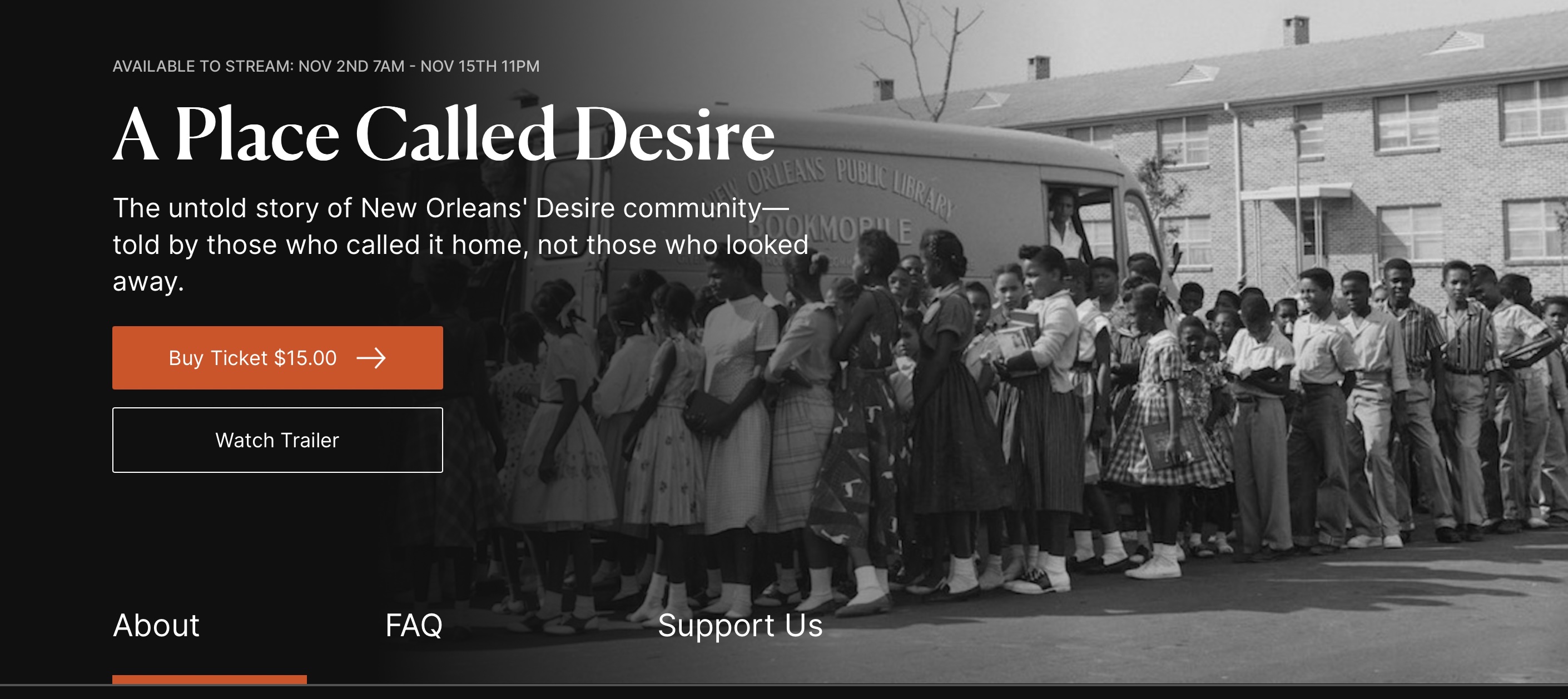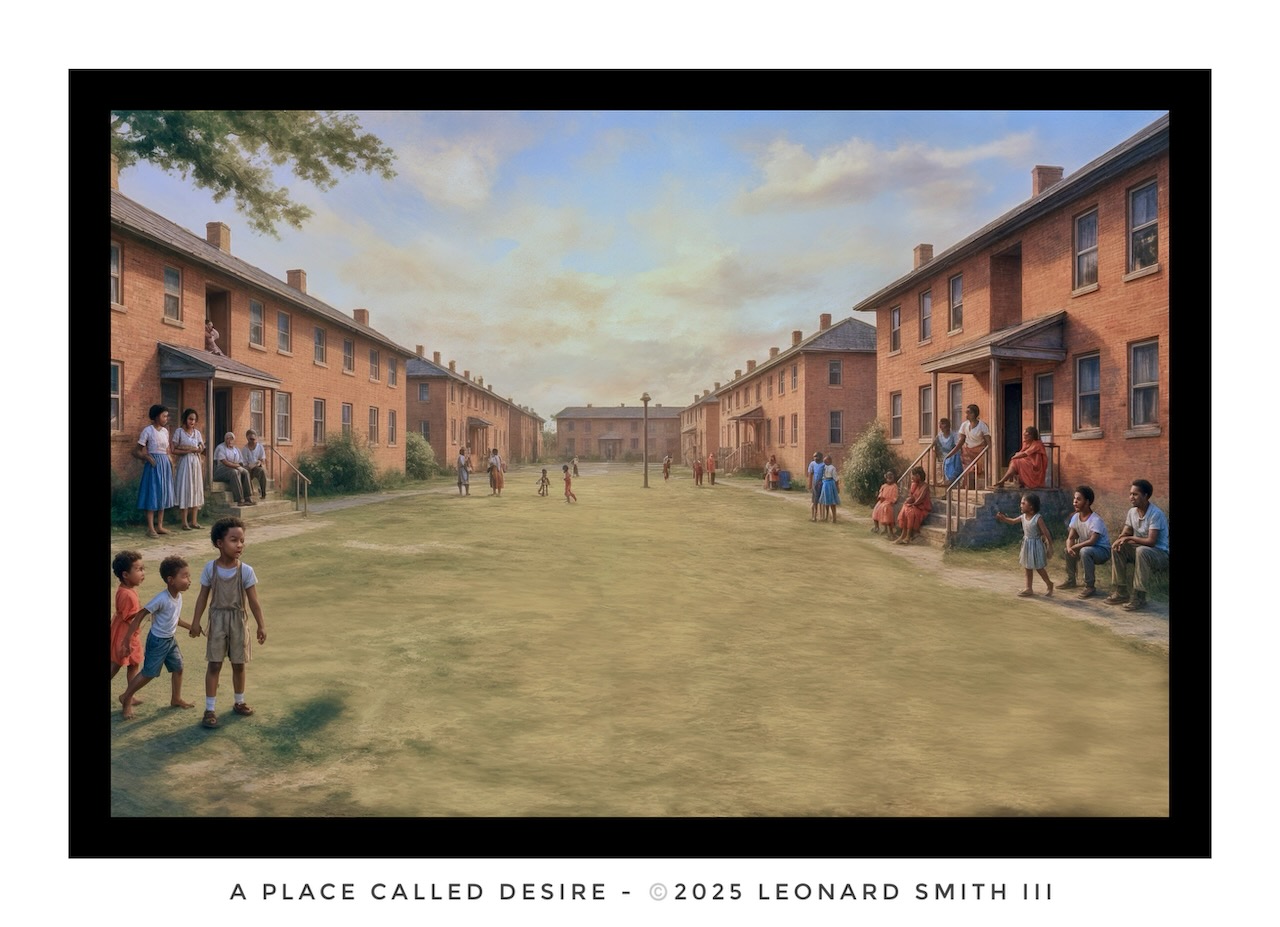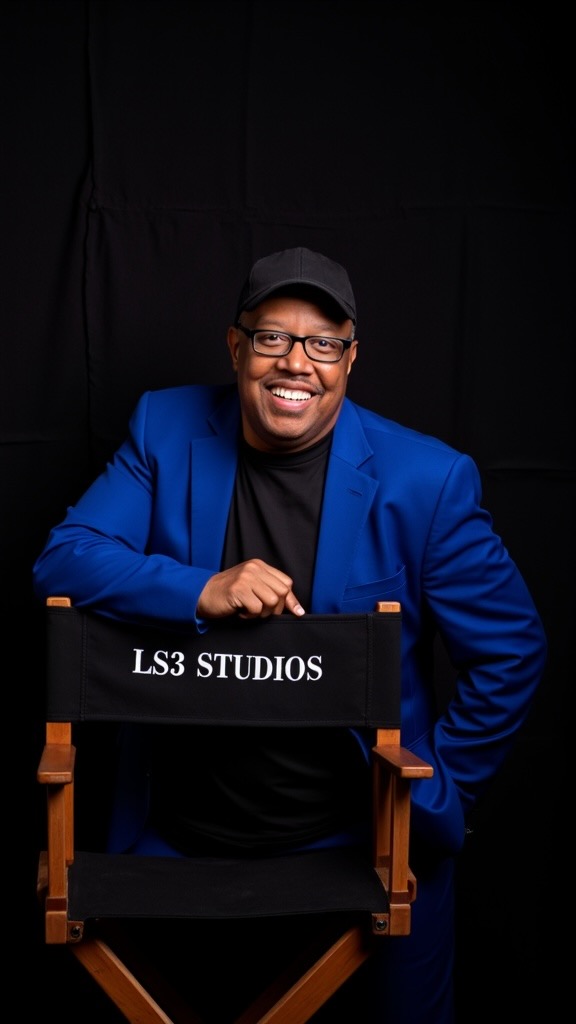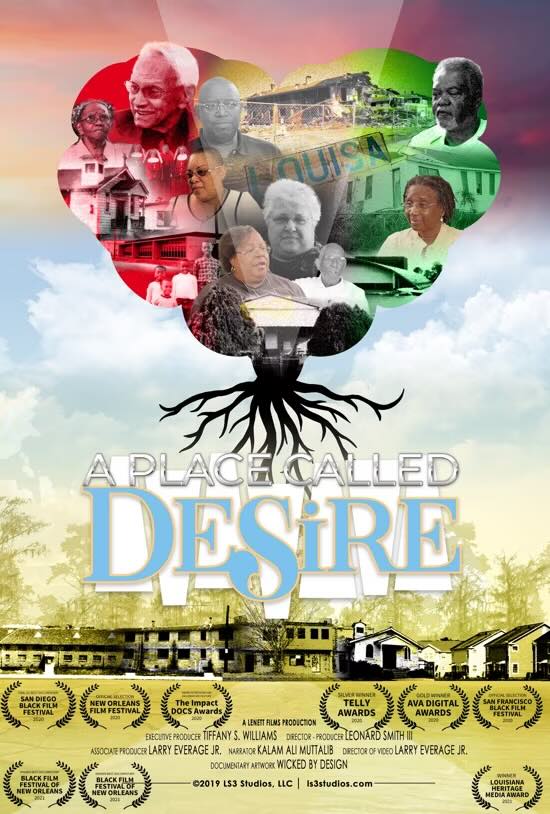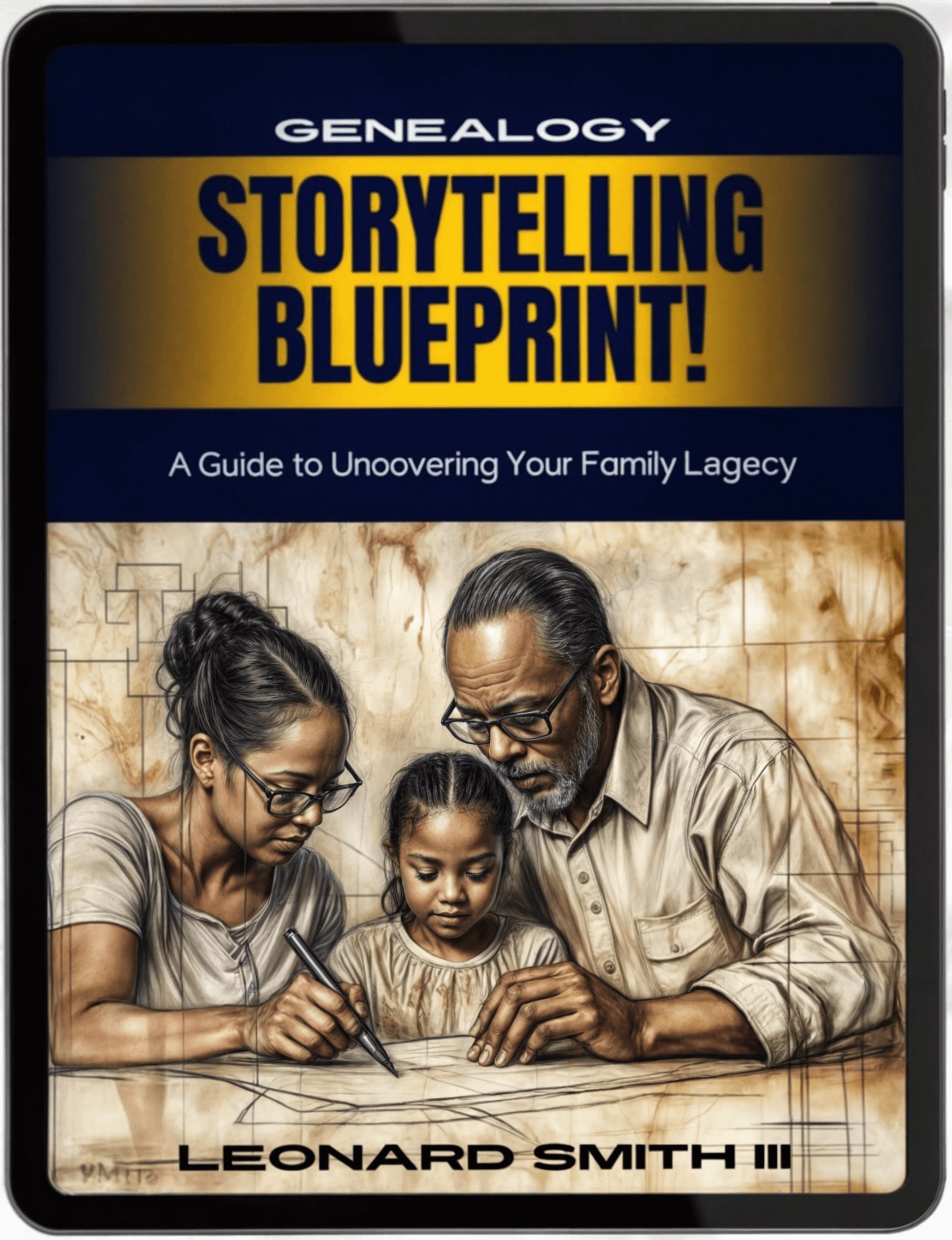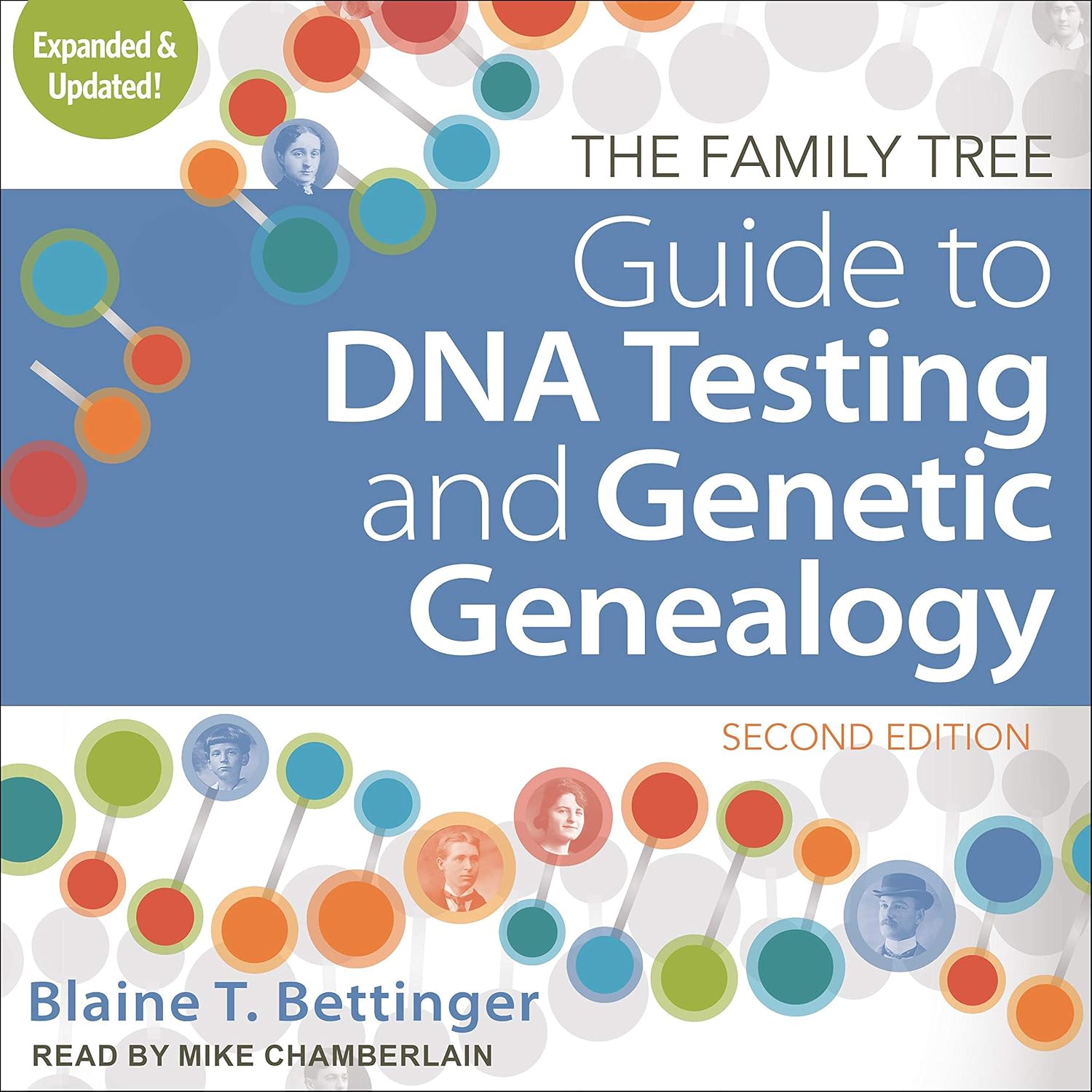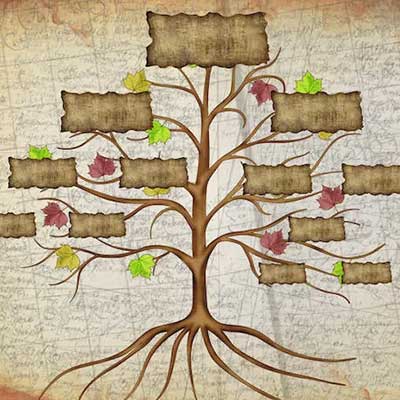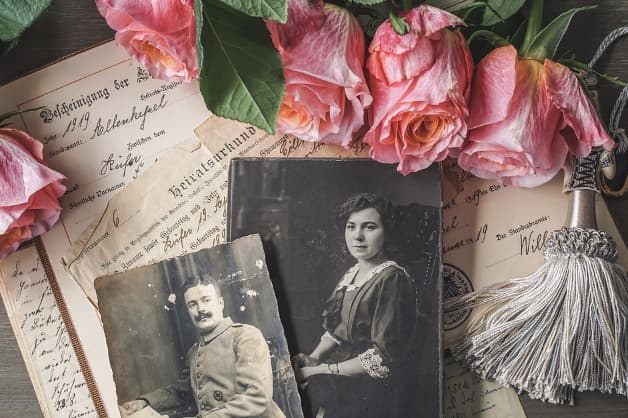- Home
- African American Stories
- A Place Called Desire
A Place Called Desire Streaming
STREAMING NOVEMBER 2-15, 2025
Click here for tickets
AS SEEN ON

About the Film
A Place Called Desire unveils the untold story of one of New Orleans' earliest subdivisions for Black homeownership—a thriving community in the Upper 9th Ward that shaped educators, athletes, and professionals who became the backbone of the city.
For too long, outsiders controlled the narrative of Desire. This award-winning documentary reclaims that story through the voices of over 60 residents who lived it. Filmmaker Leonard Smith III, who grew up in Desire during the 1960s and 70s, spent 12 years capturing intimate testimonies that reveal a tight-knit community of thousands—one defined not by struggle alone, but by resilience, unity, and an unshakeable light from within.
As Dr. Al Kennedy notes, the film "shares hard truths with a gentle touch," offering unforgettable lessons in American history, urban development, and the power of community that resonate far beyond New Orleans.
A Place Called Desire Documentary Awards
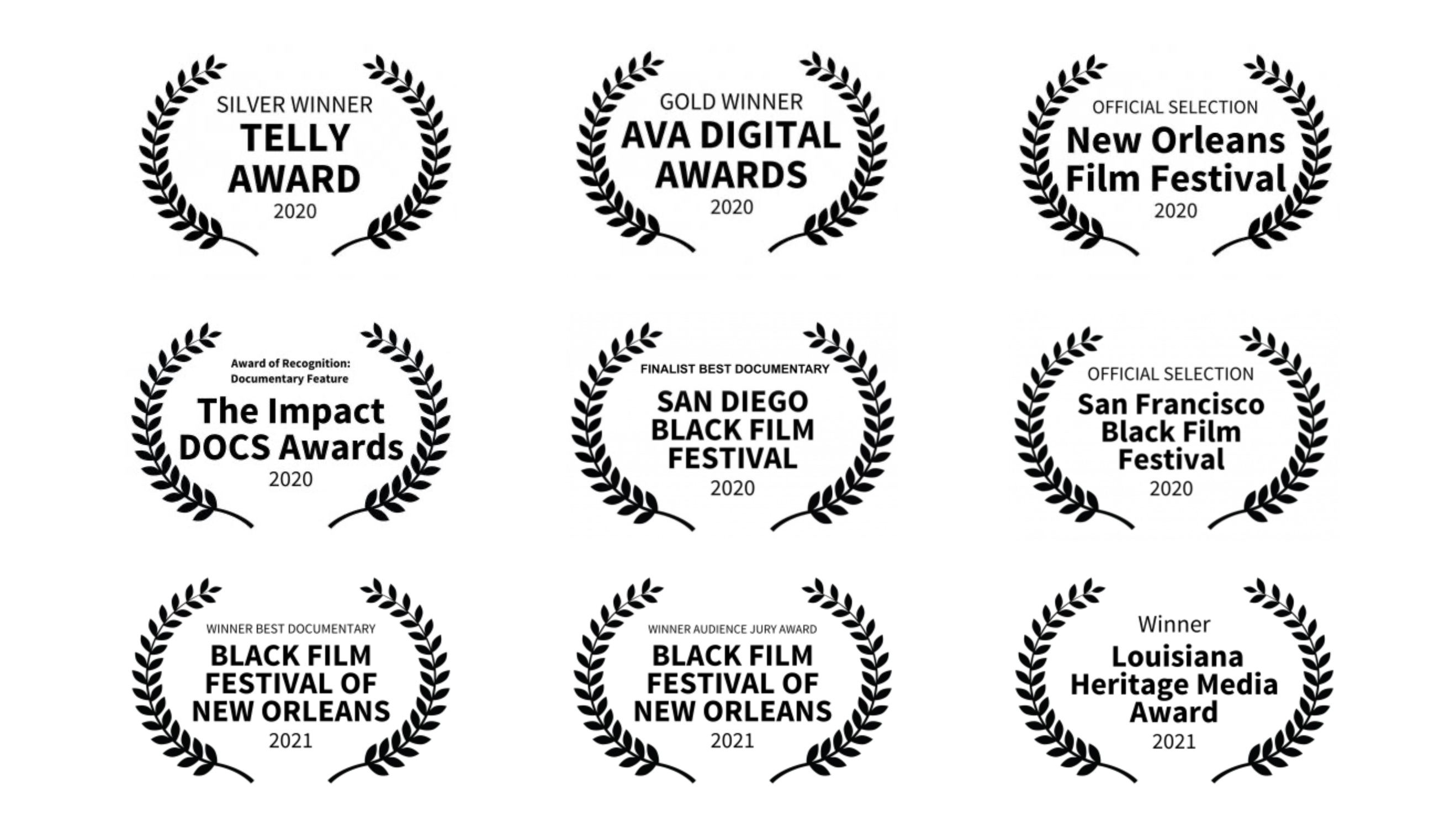
Awards:
- Award of Recognition in Documentary Feature at the Impact DOCS Awards
- Silver Telly Award
- Gold Digital AVA Award
- Best Documentary Film and Jury Audience Award at the Black Film Festival of New Orleans
- Louisiana Heritage Media Award
- Nominated for the 2020 LEH Humanities Documentary Film of the Year
Film Festivals:
- New Orleans Film Festival – Official Selection
- San Diego Black Film Festival – Finalist for Best Documentary
- San Francisco Black Film Festival – Official Selection
- Paris Awards Film Festival – Official Selection
- Rootstech 1st Film Fest – Semifinalist
Reclaiming the Narrative: Inside "A Place Called Desire" and the 12-Year Journey to Tell the Truth
When filmmaker Leonard Smith III set out to document the story of his childhood community in 2008, he knew he was embarking on more than just a film project. He was on a mission to correct the historical record—to reclaim a narrative that outsiders had controlled for far too long.
The result is "A Place Called Desire," an award-winning documentary that unveils the powerful, often forgotten story of one of New Orleans' most misunderstood communities. This isn't just a film about a neighborhood. It's a testament to resilience, unity, and the unbreakable spirit of a community that refused to let others define who they were.
The Power of Insider Storytelling
"Those outside of the community told the stories you may have heard," Leonard explains in the film's introduction. "We will present this film from a unique vantage point—that of insiders."
This insider perspective is what makes "A Place Called Desire" so extraordinary. Leonard didn't parachute into the community with preconceived notions or a predetermined narrative. He came with love, respect, and a deep commitment to letting residents speak their truth.
The film is structured chronologically, taking viewers on a journey through the decades. Each chapter reveals a different era of the community's evolution, offering unforgettable history lessons applicable to American history, Louisiana history, African American history, urban studies, and the sociology of neighborhoods.
The 1940s and 50s chapter, "A Better Life," explores the hope and promise of Desire's founding years—when Black families finally had the opportunity to own their homes and build generational wealth.
"It Takes a Village to Raise a Child," covering the 1960s and 70s, captures the community at its strongest—a time when neighbors functioned as extended family, and every adult took responsibility for every child's well-being and success.
The 1980s and 90s chapter, "The Struggle Is Real," doesn't shy away from the challenges that emerged as economic opportunities declined and systemic disinvestment took its toll.
"The Good, The Bad, And The Ugly" offers an honest, unflinching look at the full complexity of the Desire experience—acknowledging hardship without erasing achievement.
Finally, "The New Desire" brings the story into the 2000s and beyond, exploring what remains and what has been rebuilt, both physically and spiritually.
Throughout these chapters, Leonard employs what Dr. Al Kennedy describes as "a gentle touch" in sharing hard truths. The film never sensationalizes or exploits. Instead, it honors the dignity of every person who shares their story. This compassionate approach allows viewers to understand the full humanity of the Desire community—something the evening news never bothered to convey.
The Community That Care Forgot—
But Never Forgot Itself
More About the Film
Located in the Upper 9th Ward of New Orleans, the Desire community was established in the 1940s as one of America's most significant housing developments and one of the city's earliest subdivisions explicitly created for Black homeownership. At its inception, Desire represented hope—a place where African American families could build equity, raise their children, and pursue the American Dream on their own terms.
For decades, Desire thrived as a tight-knit community of thousands. It became a nurturing ground for educated, intelligent citizens who would go on to shape New Orleans in profound ways. Teachers, athletes, doctors, lawyers, musicians, and community leaders—all emerged from the streets of Desire. These were people who, despite systemic challenges and limited resources, built something extraordinary: a community that truly raised its children together.
Yet somewhere along the way, the narrative shifted. The outside world—particularly the media—began to tell a different story. Headlines focused on decline, crime, and poverty. The community became known by what it lacked rather than what it had built. Desire was labeled "the community that care forgot," a moniker that erased decades of achievement, love, and collective triumph.
But those who lived in Desire knew better. They remembered the block parties, the neighborly bonds, the way everyone looked out for each other's children. They recalled the pride of homeownership, the excellence of their schools, and the sense of belonging that comes from true community. Their story was rich, complex, and decidedly different from the one being told about them.
